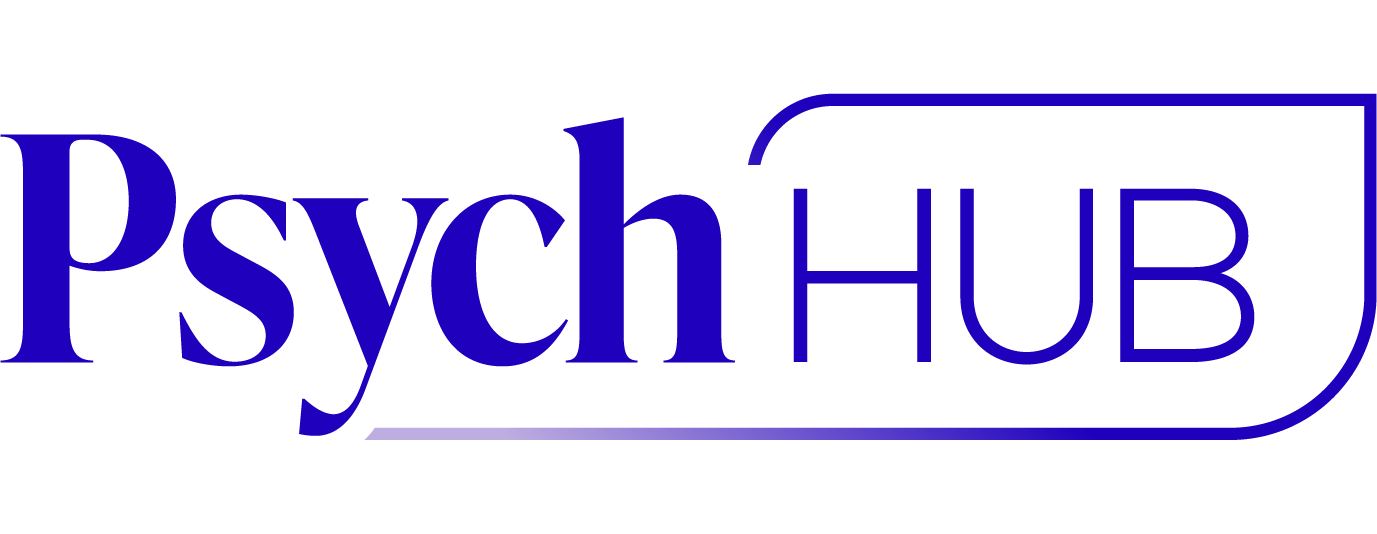Cognitive Behavioral Therapy for
Anxiety
Advanced | Clinical Interventions
1.75-2.50 CE Credits | 2 Hrs. 50 Min
ce information >
About the Course
Are you looking for evidence-based strategies to treat anxiety effectively? This course was built especially for you. With a blend of theory and practice, Cognitive Behavioral Therapy for Anxiety uses the skills taught in Cognitive Behavioral Therapy Foundations and adapts them to clients with a variety of anxiety disorders. In this course, you will discover how to treat anxiety's cognitive, emotive, and behavioral aspects using effective strategies such as relaxation training, breathing training, and the tense-relax method.
NOTE: Cognitive Behavioral Therapy Foundations—A Skills-Based Approach is a prerequisite for this course. You will not receive credit for this course unless you have first completed Cognitive Behavioral Therapy Foundations.
Estimated Course Length: 2 hrs. 30 min.
Course Includes: 7 modules with over 30 components in each module (components consist of a mixed media approach with roleplays, video interviews with subject matter experts, animation explainer videos, knowledge games, and more)
Companion Videos: 20 companion videos for your clients specifically designed to reinforce skills learned in cognitive behavioral therapy for anxiety treatment; over 120 mental health literacy videos for clients on a host of mental health topics.
1 provider video to highlight key concepts in Cognitive Behavioral Therapy for Anxiety
Downloadable PDFs: 6 downloadable PDFs expanding on relevant course topics
Target Audience: Mental Health Providers
Level of Instruction: Advanced
Prerequisite: Cognitive Behavioral Therapy Foundations: A Skills-Based Approach
Instructional Method: Self-paced, interactive, hybrid of audio, text, video, and learning checks
Accessibility Accommodations: Color contrast; transcripts of video components; closed captioning of audio and video components
After completing this course, you will be able to describe and employ the following:
-
Identify anxiety-causing cognitive distortions and evaluate these six restructuring techniques: thought change records, Socratic questioning, de-catastrophizing, examining the evidence, generating alternatives, and coping cards.
-
Define anxious and avoidant behaviors and explain the following four behavioral activation techniques: disciplined worry periods, testing worry, stopping safety behavior, and surveying others.
-
Apply the following six CBT strategies for coping with anxious emotions: emotional tolerance, acceptance, adapting, stress management, getting outside, and practicing the tense-relax method.
-
Explain the following three CBT session techniques: behavioral and cognitive modification, teaching healthy coping skills for anxiety, and explaining client homework assignments.
-
Compare and contrast self-performance and client progress using measurement-based care and assess the client’s readiness for termination of therapy and/or potential for relapse using the techniques of maintenance, anticipating setbacks, and booster sessions.
Course Activities for CE Credits: ≥ 2 hrs.
-
Pre-Course Assessment (12 minutes) [EXCLUDED FROM ACTIVITIES FOR NBCC & CAMFT CREDIT]
-
Module 1: Seeking Treatment (10+ minutes)
-
Module 2: Starting Individualized Treatment (17+ minutes)
-
Module 3: Cognition and Anxiety (13+ minutes)
-
Module 4: Emotions and Anxiety (12+ minutes)
-
Module 5: Behavior and Anxiety (13+ minutes)
-
Module 6: Tools for Relaxation (9+ minutes)
-
Module 7: Ending Treatment and Preventing Relapse (15+ minutes)
-
Theory Tank (7+ minutes)
-
Post-Course Assessment (12 minutes) [EXCLUDED FROM ACTIVITIES FOR NBCC & CAMFT CREDIT]


